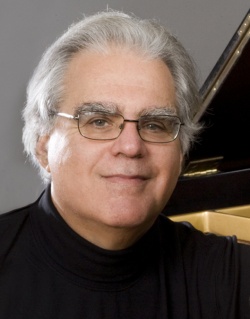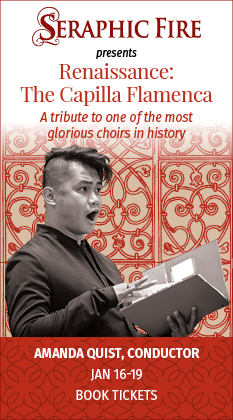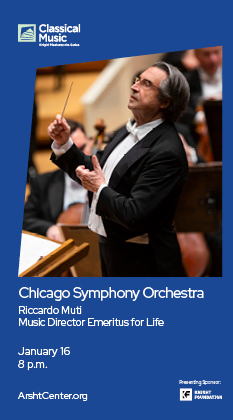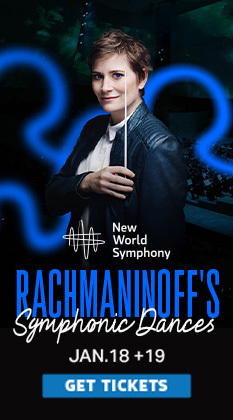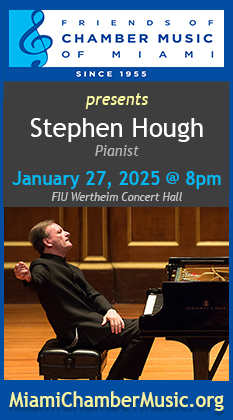Musical opposites attract, with Kalichstein and Borodin Quartet
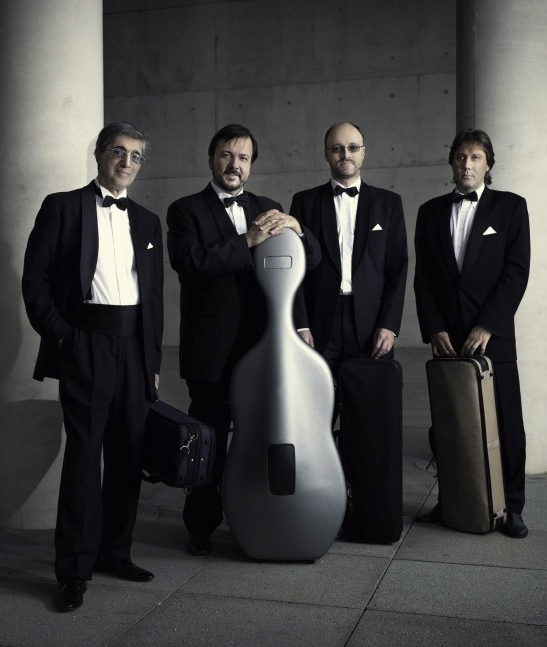
The Borodin Quartet performed with pianist Joseph Kalichstein Tuesday night at Gusman Concert Hall for Friends of Chamber Music. Photo: Andy Staples
Joseph Kalichstein has been one of the most consistent and reliable keyboard artists on the concert stage for nearly five decades. His skills as a chamber player are particularly prized and for good reason. Recently he played a superb concert with his colleagues of the Kalichstein-Laredo-Robinson Trio for Miami’s Friends of Chamber Music.
On Tuesday night Kalichstein returned for an exhilarating performance of Schumann’s Piano Quintet in E-flat Major with the venerable Borodin Quartet at UM Gusman Concert Hall. The Russian foursome also offered a fine reading of one of Beethoven’s most remarkable late works.
The Borodin is an Old World quartet. Their performances are finely gauged, offering mellow sonority, patrician phrasing and a subtle blend of timbres rather than high-voltage brilliance. In many ways these musicians are the polar opposite of the excellent Ehnes Quartet which played an outstanding Beethoven program for Julian Kreeger’s chamber series earlier this month.
When Kalichstein joined the Borodin players in the second half of Tuesday’s concert for the Schumann quintet, he infused a shot of musical adrenaline in their playing. Right from the initial chords, this was a dynamic performance. Kalichstein had the large-scale bravura and commanding technique to bring off the big moments but the quieter sections of the opening Allegro brilliante were shaped with lieder-like subtlety and delicacy. Despite Kalichstein’s strength, he never overpowered the string players; the moderate tempo in the first movement allowed the interplay and conversation between instruments to emerge with special clarity.
Expressive string playing in the slow march of the second movement was stylish and deeply felt. In the central episode, Kalichstein really cut loose with an unbridled and viscerally exciting display of virtuoso technique. The Scherzo was vigorous and lithe and the Allegro appasionato finale was intense from the first bars.
Kalichstein clearly set the grandly romantic tone and he brought a deft touch to the lighter moments. Throughout the performance, his shaping of the keyboard part was individual and unique. Schumann’s extraordinary coda in which the principal theme of the opening movement returns in fugal form, bringing the score full circle, was rendered with thrust and abandon. The individual instrumental lines were particularly clean and audible in Gusman Hall’s very live acoustic. A standing ovation greeted this vivid and exciting performance.
Beethoven’s String Quartet No. 15 in A minor is his penultimate chamber score. Written in 1825, two years before his death, the quartet is one of Beethoven’s greatest creations. Like the 9th Symphony, this score travels paths never before attempted and explores thematic development in a new and uncharted manner. The score’s heart is the third movement—a Molto adagio of such serene beauty that it seems to emerge from the heavens.
The Borodin musicians brought out the originality of Beethoven’s harmonic writing and unexpected curving lines. First violin Ruben Aharonian’s leadership was the group’s tower of strength, his silken tone turning nimble or deeply probing as needed. At times the players’ dynamic gradations and stylistic unity were so subtle that they sounded as one instrument.
There was a strong sense of formal structure throughout the entire Beethoven performance with the tempos between and within movements related and crafted as one long musical arc. Cellist Vladimir Balshin and violist Igor Naidin captured the folk inflections in the trio of the second movement. Violinists Aharonian and Sergei Lomovsky channeled both the grace and hard-charging eruptions and darker undertones of the Allegro ma non tanto.
The Alla Marcia was bright and full of character rather than heavily Teutonic. The tonal glow of the final movement culminated in one of Beethoven most surprising codas in which he outdoes Haydn with repeated, seemingly false endings before striking the decisive final chords. The players fully channeled the score’s myriad beauties, drama and unexpected wit.
Friends of Chamber Music presents the Borodin Quartet playing Shostakovich’s String Quartets Nos. 9 and 11 and Dvorak’s Piano Quintet with pianist Joseph Kalichstein 8 p.m. Thursday at Coral Gables Congregational Church. miamichambermusic.org; 305-372-2975.
Posted in Performances
Leave a Comment
Wed Feb 22, 2017
at 12:24 pm
No Comments
